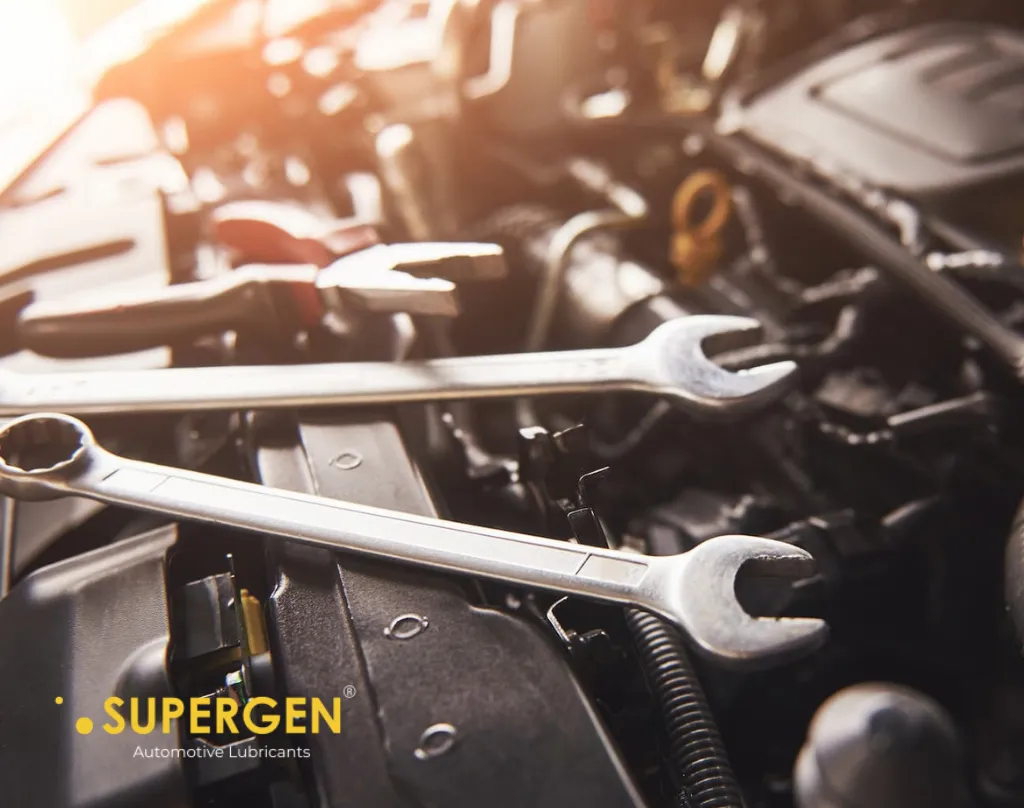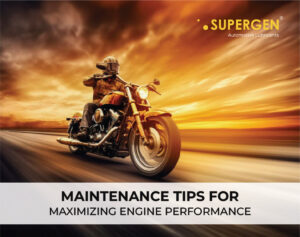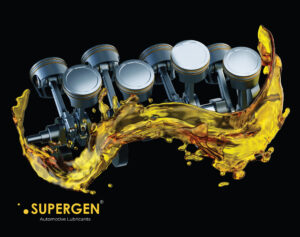Indian vehicle owners can make significant savings by performing regular engine maintenance. Regular and day-to-day maintenance ensures your automotive engine’s longevity and performance. It also ensures that the engine is running smoothly and avoids unexpected breakdowns. Keeping your vehicle’s engine in top shape reduces its running costs in the long run and helps reduce the vehicle’s environmental impact. In this blog, we’ll look at some of the basic maintenance tips essential for any automotive owner.
Importance of Engine Maintenance
Regular engine maintenance has multiple benefits for your vehicle’s day-to-day and long-term performance. Properly maintained engines reduce the machine’s fuel consumption and improve fuel efficiency by up to 70%. With increasing fuel prices, this can save you vast sums of money in the long run. Well-maintained engines also reduce the vehicle’s carbon emissions, which is critical in today’s world owing to rising environmental concerns. Another crucial advantage of a maintained engine is that its longevity is increased by approximately 50%. Day-to-day and basic care of your automotive engine also minimises the risk of sudden breakdowns, which could turn out extremely costly.
Basic Engine Maintenance
Oil Changes
Regular oil changes are crucial, as engine oil lubricates the engine components, reducing friction and preventing overheating. Oil degrades over time and becomes less effective. To maintain engine health, it is recommended to change the engine oil once every 5000-7000 kilometres, depending on your vehicle type. Ensure to check your vehicle’s manual for the exact guide on when and how to change the engine oil. In India, approximately 35% of car breakdowns are caused due to poor oil levels, therefore, ensure you perform regular checks.
Air Filter Replacement
To ensure proper airflow and engine performance, it is recommended that you change your air filter once every 15000 – 30000 kilometres, depending on the vehicle type. The vehicle manual will give you the exact time to change your air filter. prevents dust, dirt, and other contaminants from entering the engine. A clean air filter ensures proper airflow and optimal fuel combustion. Air filter efficiency can improve fuel efficiency of your vehicle by up to 10%.
Spark Plug Inspection and Replacement
Spark plugs ignite the air-fuel mixture in the combustion chamber. Worn or fouled spark plugs can cause misfires, poor fuel economy, and difficulty starting the engine. In India, approximately 25% of vehicle owners are unaware of their spark plug condition. Spark plugs need to be replaced every 30000 to 100000 kilometres, depending on your vehicle type. Check the manual for precise information.
Coolant Checks
If the coolant levels are low, a vehicle’s engine can overheat and cause severe damage. It is essential to check if the coolant levels are within stipulated limits and top them off regularly. Coolants also prevent corrosion within the engine and, therefore, increase the vehicle’s longevity. Make sure never to open the radiator cap when the engine is hot, as it can cause severe burns.
Battery Checks
Regularly monitoring the health of the battery, an essential component of any automobile, can help you avoid unexpected breakdowns and ensure your vehicle is always ready to hit the road. The battery powers all electrical systems of the vehicle and is crucial for starting the engine. Especially during the monsoon season, battery malfunctions are the leading cause of breakdowns in India. Recharging and replacing a vehicle’s battery is a very expensive affair. Regularly checking the battery levels can prevent all these issues.
Day-to-Day Maintenance
- Check Engine Oil Levels: Regularly check your engine oil and add more if needed. Running low on oil can damage your engine.
- Monitor Coolant Levels: Keep an eye on your coolant levels and refill as necessary. Low coolant can lead to overheating.
- Inspect Air Filters: Look at your air filters regularly and replace them if they’re dirty. Clean air filters help maintain engine performance.
- Check Brake Fluid Levels: Make sure your brake fluid levels are adequate and top them off when needed. Low brake fluid can lead to brake failure.
Additional Tips
- Use the Right Oil: To avoid engine damage, always use the type of oil recommended by your vehicle manufacturer.
- Avoid Overloading: Don’t overload your vehicle, as it can strain the engine and shorten its lifespan.
- Drive Smoothly: Avoid sudden acceleration and drive smoothly to extend the life of your engine.
Conclusion
Taking care of your car’s engine on a day-to-day basis might seem like a small task, but it makes a big difference in the long run. Regular maintenance ensures your engine runs smoothly, saves you from unexpected breakdowns, and keeps your car efficient and safe. It’s like giving your car a daily dose of health, ensuring it performs at its best and lasts longer. By paying attention to these simple tasks, you’re not just taking care of your car – you’re also looking out for your own peace of mind on the road. So, make engine maintenance a regular habit and enjoy a worry-free driving experience.








